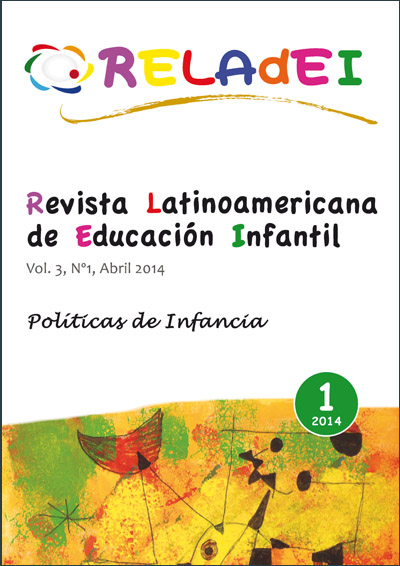The child’s right to play, to participate in the arts and in recreational activities
Main Article Content
Abstract
The first part reflects on the transcendence, progress, evolution and the general global as well as regional political commitments in Early Childhood Education. These include: Jomtien, Dakar, the Millennium Development Goals, which in conjunction with the Convention on the Rights of the Child, and the research findings of neuroscience, biology, pedagogy and other sciences, regarding the potential of human beings accepting the place of early childhood and its effective benefit relating the contribution to socio-economic and cultural issues; among others, poverty. This section concludes with a proposal of the best scenario for development of a quality and equity early childhood education; mentioning criteria and principles to improve the political, technical, and methodological identity of pedagogical practice as well as learning, where one of the key strategies is playing and related activities.
The following section summarizes and analyzes the achievements of the Convention on the Rights of the Child, ratified by 193 governments and remarks the convention’s 17 General Observations to localize No. 17 regarding play, recreation, and the arts.
The third section explains General Observation No. 7 regarding early childhood to later analyze more fully General Observation No. 17 and its technical, political and pedagogical details. It starts with the concept of play, recreation, the arts and culture as a right of the child and all possible strategies to realize this right as transcendental element in a child’s formation and comprehensive development.


